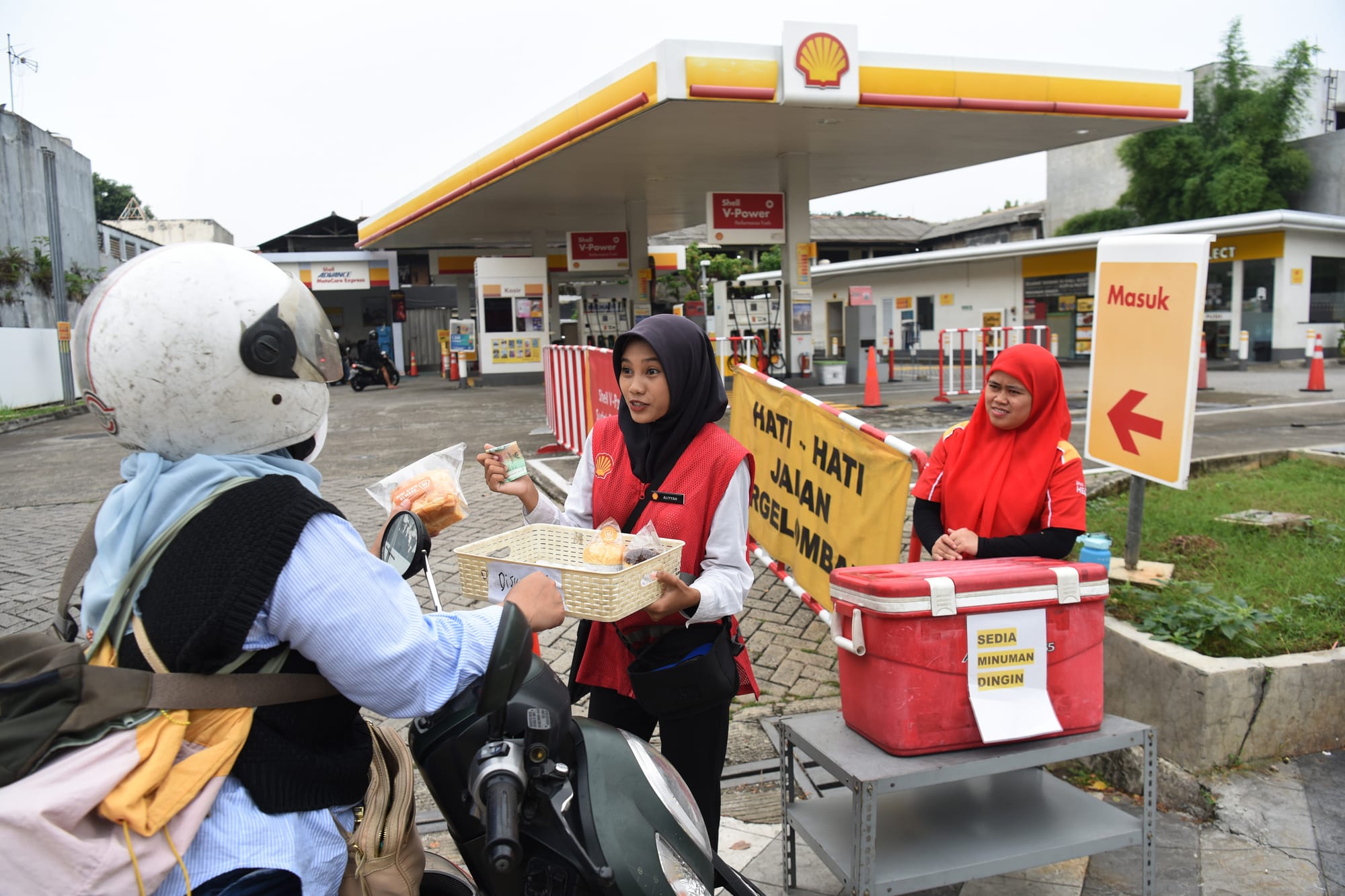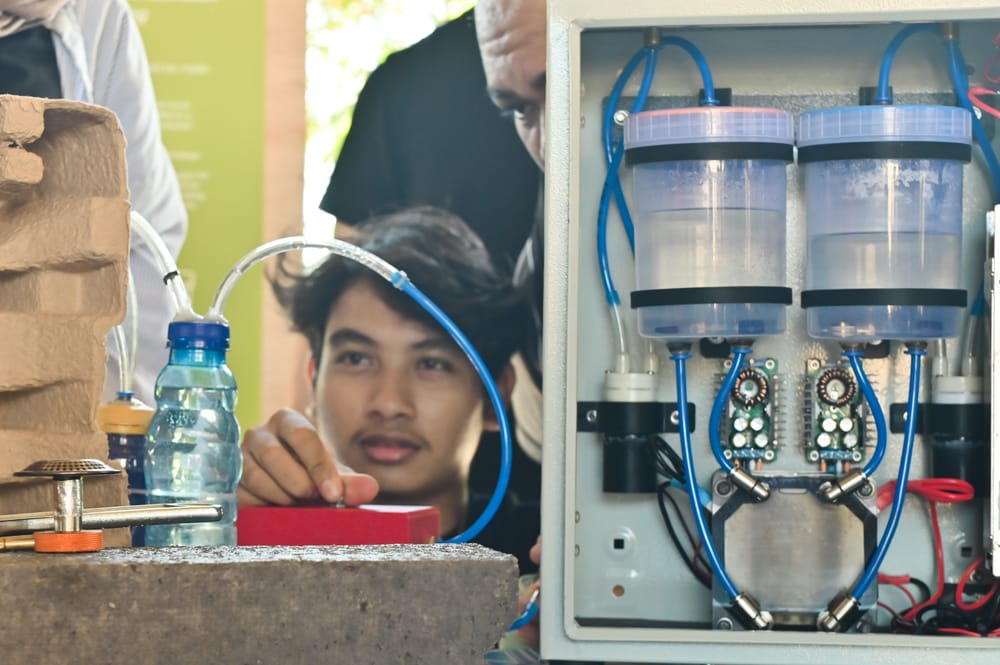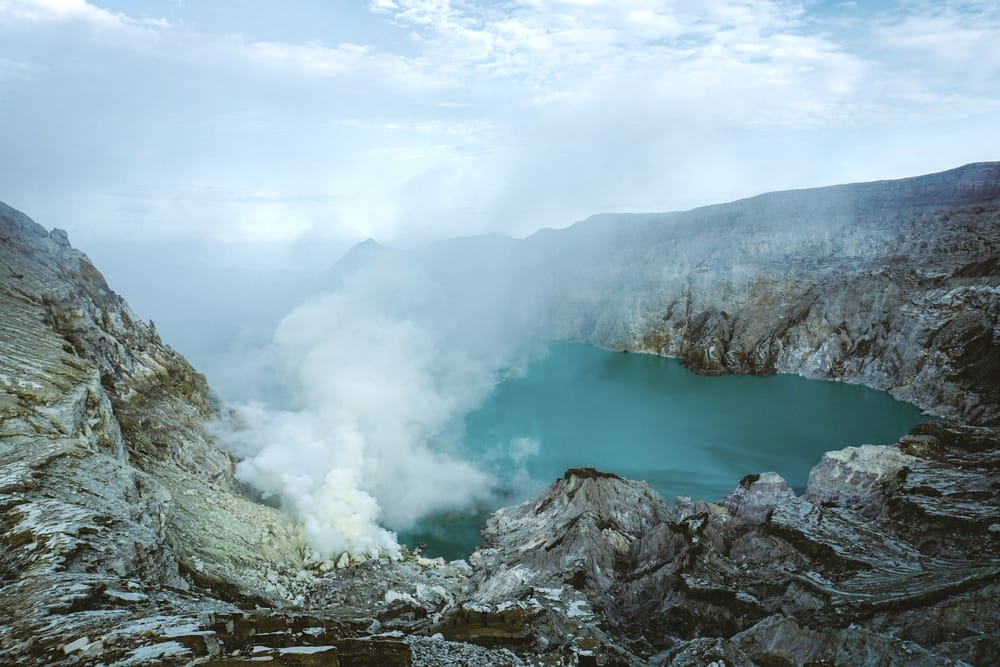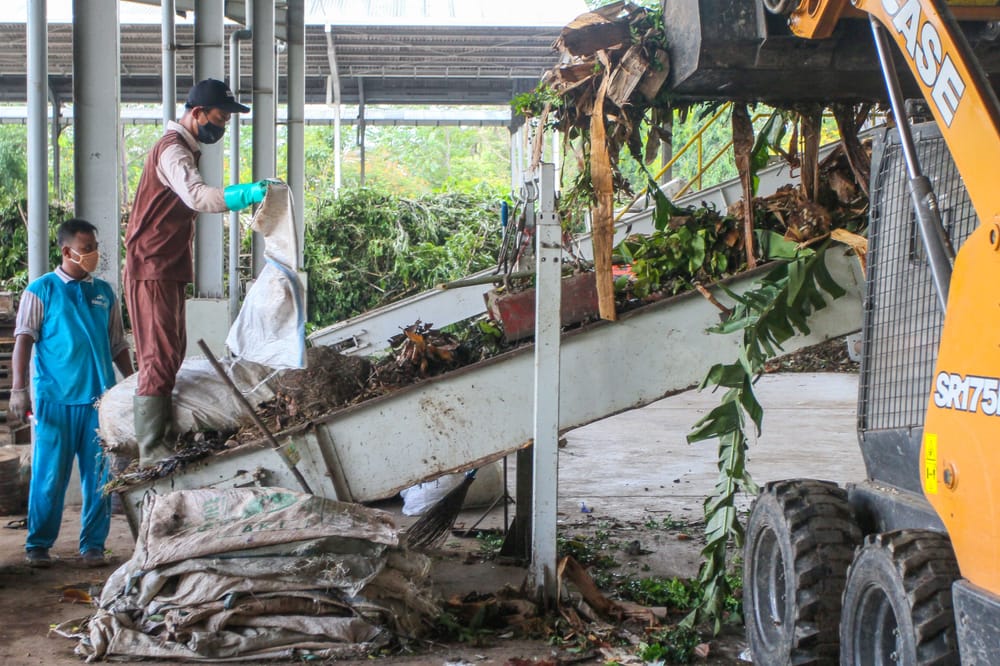Motorists who are customers of private fuel oil (BBM) are forced to contain their disappointment. Since the end of August, gas stations labeled Shell, Vivo, ExxonMobil, and BP-AKR have been closed because there is no stock available.
Their employees appear to be just guarding the gas station location. Some employees even sell food to earn income. Occasionally, they have to tell drivers who have already entered the gas station that their gasoline stock is empty.
The new import regulation policy is suspected of triggering a shortage of fuel supply at private company gas stations in recent weeks. Private gas stations can no longer obtain import permits even though they have run out of stock.
In order for the business world to continue to run smoothly, all parties should find common ground. So that consumers do not hesitate and can still obtain quality fuel.
Minister of Energy and Mineral Resources (ESDM) Bahlil Lahadalia stated that the regulation of fuel imports was taken to maintain the balance of trade while ensuring the availability of domestic supply. This policy is also intended to reduce the pressure on the oil and gas deficit. The legal basis is Article 14 paragraph (1) of Presidential Regulation Number 61 of 2024 concerning Commodity Balance.
After leading a meeting with Pertamina and private gas station business entities, Bahlil explained that four agreements had been reached. Namely, first, imports are carried out in the form of base fuel whose mixing is carried out in gas station tanks. Second, there is a joint survey before delivery. Third, the price mechanism is transparent with an open book model. Fourth, acceleration of supply fulfillment.
"God willing, the goods can enter Indonesia in no more than seven days," said Bahlil in a press release, Friday (19/9/2025).
Bahlil also mentioned that Pertamina Patra Niaga has a remaining import quota of 34%, or about 7.52 million kiloliters. He assessed that this quota is sufficient for additional allocation to private gas stations until December 2025, amounting to 571,748 kiloliters. He mentioned this amount as supporting the adequacy of supply until the end of the year.
In line with Bahlil's statement, President Prabowo Subianto summoned the President Director of Pertamina, Simon Aloysius Mantiri, to ensure the allocation of fuel needs until the end of 2025.
After the meeting, Simon emphasized that the mechanism with the private sector is carried out openly and is not intended to raise prices for consumers. "We hope the price to consumers will not change," he said after the meeting at the Merdeka Palace, as published by the Press, Media, and Information Bureau of the Presidential Secretariat on Friday (19/09/2025).
According to Simon, Pertamina, together with private business entities, is also preparing additional import measures to cover supply needs. However, the import volume is still awaiting reports of needs from each business entity. He assured that the national supply will remain secure until the end of this year.
In addition to guaranteeing the speed of supply, Simon ensured that the quality of fuel remains up to standard. Pertamina, he said, is committed to maintaining the consistency of fuel quality as a form of responsibility to the public. "The standard is according to the specifications of the Director General of Oil and Gas, after which it will be mixed according to the recipe of each party," he said.
In response to this, BP-AKR has not yet provided an official statement. BP-AKR's Public Relations, Dewi Indrasari, said that her party is currently still conducting internal discussions. "Regarding prices, volumes, specifications, and everything else, we are still discussing it. So we can't give any statement yet," said Dewi when contacted on Sunday (21/09/2025).
The importance of quality assurance
Executive Director of the Center of Reform on Economics (CORE), Muhammad Faisal, assessed that the policy of importing fuel through Pertamina as a single channel can still be implemented – provided that there is an increase in performance from the business entity. He emphasized the importance of guaranteeing the quality of fuel distributed, both for Pertamina itself and for private gas stations.
In addition to quality, Faisal also highlighted aspects of quantity and smooth distribution. According to him, uneven supply or disrupted distribution has the potential to cause scarcity and reduce public trust. This once happened when complaints arose about the quality of fuel which was considered not in accordance with the price paid by consumers.
Faisal added that the government also needs to encourage an increase in the mix of fuel with higher octane ratings. This step is not only more in line with the needs of modern vehicles, but also has a positive impact on the environment.
"Better quality fuel will reduce pollution and be more environmentally friendly," said Faisal when contacted on Sunday (21/09/2025).
Meanwhile, the Commission for the Elimination of Leaded Gasoline (KPBB) criticized the decision of the Minister of Energy and Mineral Resources (ESDM), Bahlil Lahadalia, to stop fuel imports by private filling stations. According to KPBB, this policy harms consumers because it strengthens Pertamina's dominance as the sole importer. This policy is also said to potentially lead to cartel practices.
KPBB assesses that the single import channel rule only through Pertamina will eliminate healthy competition. As a result, the public loses the opportunity to obtain better quality fuel at more competitive prices. "This stipulation is misguided because it benefits the oil and gas mafia," said Executive Director of KPBB, Ahmad Safrudin, in a written statement, Friday (19/9/2025).
According to Ahmad, the quality of fuel marketed by Pertamina is currently still below vehicle technology standards. Of the 16 gasoline parameters, the research octane number (RON) has only reached 90, whereas the minimum standard is 91. The sulfur content is also said to be too high, namely 200 ppm, exceeding the maximum limit of 50 ppm.
A similar situation occurs with diesel, with a cetane number of only 48 out of a minimum standard of 51. The sulfur content of diesel is even said to reach more than 1,400 ppm, far from the limit of 50 ppm. According to Ahmad, this condition will worsen air pollution and harm consumers who use vehicles with new technology.
KPBB alluded to regulations that have been in effect since 2017, namely the Minister of Environment and Forestry Regulation (PermenLHK) No. P20/2017 concerning the Threshold for Motor Vehicle Exhaust Emissions. The regulation requires the use of Euro4 standard vehicles since 2018, with a target of increasing to Euro6 in 2024 and 2025. However, Ahmad said there has been no follow-up from the Ministry of Energy and Mineral Resources to adjust fuel specifications.
As a result, the national automotive industry is considered stagnant due to the unavailability of fuel that meets Euro4 technology needs. The presence of private gas stations that had offered higher standard fuel was called by Ahmad as an "oasis" for modern vehicle users. However, that opportunity was closed after the fuel import policy was implemented through a single channel only through Pertamina.
The presence of private gas stations that had offered higher standard fuel was called by Ahmad as an "oasis" for modern vehicle users.
In addition to technical aspects, KPBB also links this policy with President Prabowo Subianto's economic growth target of 8%. According to Ahmad, policies that limit the scope of the oil and gas industry are contrary to the direction of economic development. He assessed that this step is a setback in national energy governance.
KPBB reminded that the realization of fuel imports still reaches around 70% of total national needs, or 73 million kiloliters in 2024. Pertamina's dominance as the sole supplier is feared to weaken market mechanisms and close opportunities for the presence of better quality products. "This will damage healthy competition and burden consumers," said Ahmad.
As a recommendation, KPBB urges the government to revoke the Minister of Energy and Mineral Resources' policy that restricts fuel imports by the private sector. Ahmad also requested a revision of fuel specifications, a shift in imports to higher quality products, and a restructuring of the cost of goods sold (HPP) so that prices are more affordable.
KPBB even encouraged the Business Competition Supervisory Commission (KPPU) to examine the Minister of Energy and Mineral Resources and the Director General of Oil and Gas regarding allegations of cartel practices.






